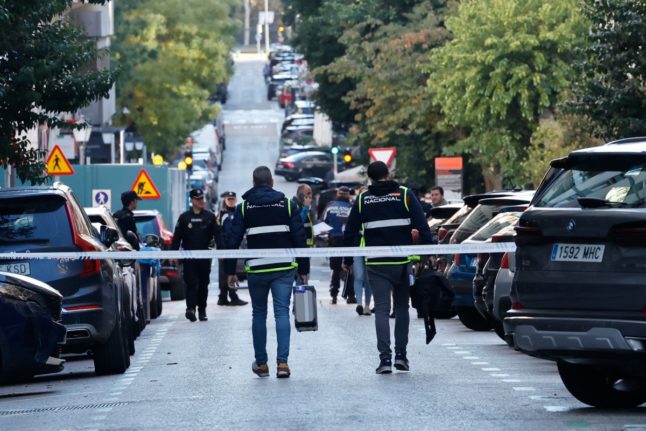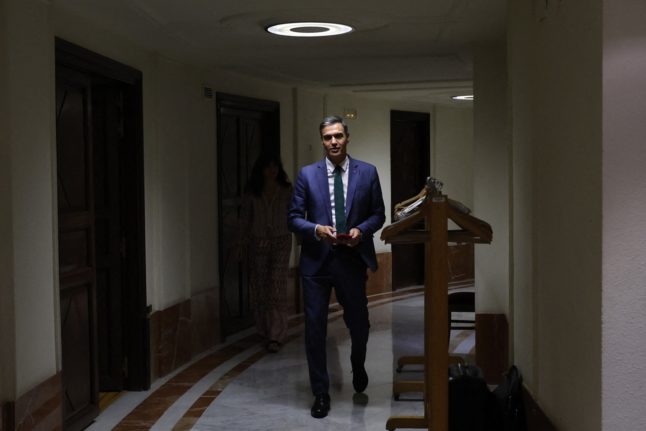At 1.30pm on Thursday November 9th, the ex-head of Spain’s Popular Party in Catalonia and one of the founders of the far-right party Vox was shot in the jaw in Madrid’s upmarket Salamanca neighbourhood by a man whose face was concealed by a helmet and who quickly escaped on a motorbike after the near-fatal shooting.
READ MORE: Founder of Spain’s far-right Vox shot in the face in Madrid
The attempted murder came just hours after Spain’s Socialists reached a controversial deal with Catalan separatist party Junts per Catalunya over their political amnesty, an agreement which has led to days of right-wing protests across numerous Spanish cities.
Despite his injury (a double jaw fracture), Vidal-Quadras remained conscious when he was rushed to hospital and was able to inform Spanish police who he believed was behind his shooting.
Contrary to the initial belief that the assailant’s motives were linked to heightened national political tensions, Vidal-Quadras has pointed to the Iranian regime being the potential culprit.
“I don’t have any other enemies,” he is quoted in the Spanish press as having told police.
Vidal-Quadras, who remains in a serious but stable condition in hospital, has long been an outspoken opponent of the Iranian government and is convinced his assassination attempt was carried out by a hitman operating under their orders.
This tallies with the version given by the National Council of the Resistance of Iran (NCRI), with links for many years to Vidal-Quadras and financiers of 80 percent of the first Vox campaign in the 2014 European parliamentary elections.
“For the Iranian resistance it is clear, the main suspect is the religious fascism that’s in power in Iran, which Doctor Vidal-Quadras has dedicated an important part of his life to fighting against,” NCRI head Maryam Rajavi is quoted as saying in Spanish daily El Mundo.
For its part, the Iranian Embassy in Madrid sent out a message on the same day in which at no point it referred to Vidal-Quadras’ attempted assassination or ensuing accusation, instead accusing the People’s Mojahedin Organisation of Iran (PMOI or MKO) of being a “sect” that’s killed “17,000 innocent victims in acts of terrorism”.
The MKO are an Iranian dissident organisation which is now headquartered in Albania and which has been described as being rooted in Islam with revolutionary Marxism, a claim others deny, calling it instead the first democratic Muslim organisation in contemporary Iran.
Vidal-Quadras features on Iran’s watchlist, among other reasons for his public defence of the National Council of Resistance of Iran (NCRI), which Tehran considers to be the political arm for the MKO.
Spanish police are now investigating whether the right-wing politicians’ claims could be true.
Vidal-Quadras, who founded Vox in 2013 alongside other politicians and was the head of the centre-right Popular Party in Catalonia from 1991 to 1996, now runs a law firm in the Catalan capital and has numerous dissidents of the Iranian regime as his clients.



 Please whitelist us to continue reading.
Please whitelist us to continue reading.
Member comments